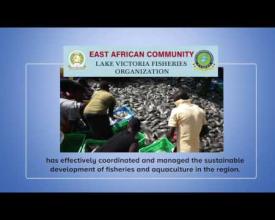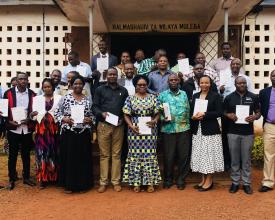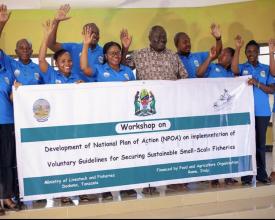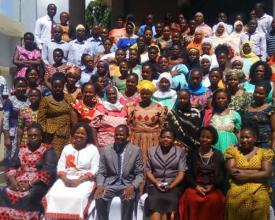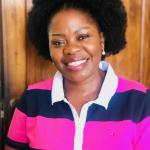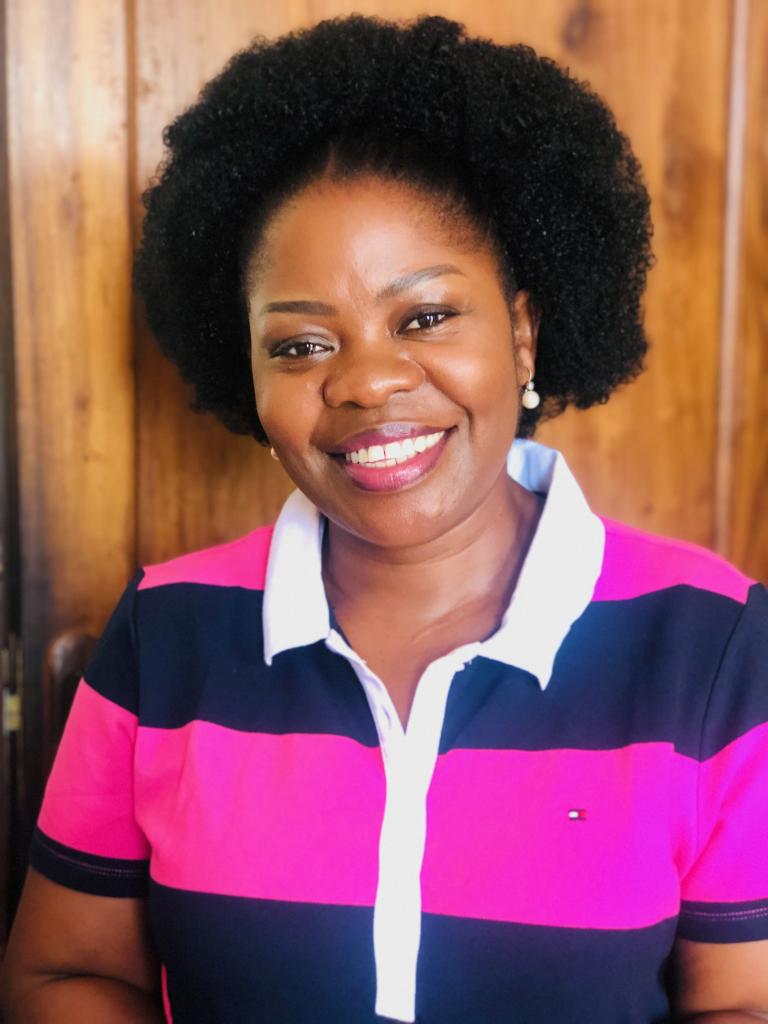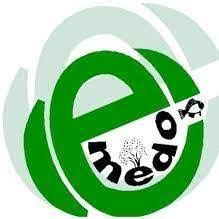
Capacity and empowerment of women fish traders in Tanzania.
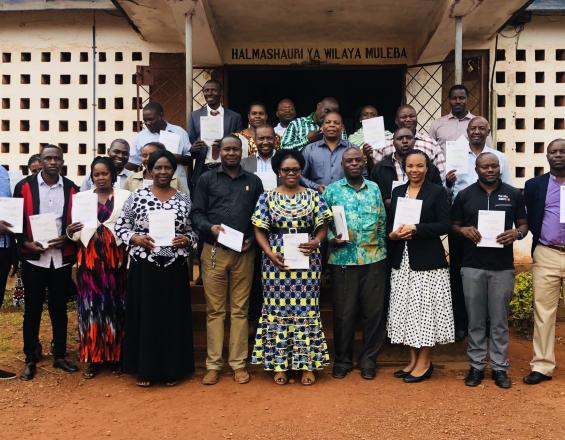
The Environmental Management and Economic Development Organization (EMEDO) hosts the secretariat of the African Network of Women Fish Processors and Traders (AWFISHNET).
We support building a gender-fair society and a gender-responsive fishery in Africa that recognizes, utilize and enhance women’s potentials and capabilities in the fisheries sector for sustainable and equitable development. We also contribute to enhance knowledge generation and dialogue between policy makers, civil society and scientists in order to develop fisheries and ocean policies that better account for the realities of marginalized coastal people living in poverty, and to help bridge between policy formulation and implementation. We specifically strengthen the organizational capacities of women fish workers organizations (national associations) where they already exist, and establish new ones where they do not yet exist.
Context
Challenges addressed
- Women’s roles in Small-Scale Fisheries sector were not known and recognized.
- Existing small associations of women were not structured enough, did not have a voice at the national level.
- Women’s capacities in participating in decision-making and policy reforms were weak.
- It was difficult for women to access fisheries.
- Women experienced complicated access to credits.
- Their access to information was limited.
- Their participation in decision making process was inexistant.
- The inadequate infrastructure, and the use of inefficient processing facilities made women's work difficult, as they are not healthy and safe.
Location
Process
Summary of the process
The high degree of commitment assumed by all parties involved together with the training for transformative leadership have been mutually benefiting each other. Learning without commitment wouldn't have the same impact in terms of applying the new skills and knowledge in real life, to bring positive changes for the women engaged in the small-scale fisheries sector. At the same time, commitment without capacity building, without being equipped with concrete tools and knowledge, would not have allowed women to transform their situation and achieve their objectives.
Building Blocks
High degree of commitment
The high degree of commitment assumed by all the parties involved in this process was key to achieving the objectives of this project. First, the women themselves are determined to engage and transform their situation. Second, the government officials, who are working on the Small-Scale Fisheries guidelines project, as well as the national task team and EMEDO are all committed in working together to improving women's livelihoods in the fisheries sector.
Women's commitment is demonstrated by their volunteering spirit driving them to use even their own resources to pay for their transport to be able to attend a meeting with their assocation.
Enabling factors
- Patience
- Persistence and
- Perseverance
Those elements were essential for achieving the goals.
If you do not have patience, commitment and energy you cannot do it, being perseverant is always a key factor.
Lesson learned
The importance to work together, this union was very useful for decision making and for pushing to go ahead with this project.
Transformational Leadership training
The transformational leadership training was provided once to the TAWFA coordination committee members, and happened to be instrumental for building the necessary skills and confidance among participants, for them to fully take on their role. They were equipped with knowledge and skills to appreciate their pivotal role as facilitators of change in their society.
Enabling factors
EMEDO benefited from adequate funding to be able to hire the training provider, which provided unvaluable technical resources.
Lesson learned
One of the most important leassons we learnt there was the fact that being a leader " It’s not about you, its about those you lead".
This was really impacting for us.
Listening skill and negotiations skills were other key competences that we learned there.
Leadership is crucial to generate commitment and common interest in learning and taking action.
Impacts
- The Tanzanian Women Fish Workers Association (TAWFA), a structured and formally recognized organisation is in place for women’s voice to be heard. Representatives of this network are now invited to participate in workshops and meetings related to small-scale fisheries management and governance.
- TAWFA representatives were invited to participate in sharing their views for the Small-Scale Fisheries (SSF) guidelines implementation plan and the revision of the Fisheries Act. It was the first time that women from the small-scale fisheries sectors were invited to such a policy negotiation process.
- TAWFA became a member of the African Association of Women Fish Traders and Processors.
- A gender desk at the government was established, after the engagement of EMEDO with FAO on the SSF guidelines implementation plan.
Beneficiaries
- Women working in the small-scale fisheries sector and nearby communities.
Sustainable Development Goals
Story
The Environmental Management and Economic Development Organisation (EMEDO) was formed as a response to the environmental, social and economic challenges facing the Lake Victoria region. The organization started in March 2005 when Editrudith Lukanga, the founder of EMEDO participated in different events. Among those events, the release of the documentary film "Darwin’s Nightmare"’ and the lake Victoria and Women’s workshops" organized by Lake Victoria’s Fisheries Organization proved to be the main sources of inspiration. EMEDO has been operating in the Mwanza region since 2005 and became a registred non-govermental organization in November 2006.
EMEDO’s team consist of experienced personnel with extensive local knowledge. This enables us to effectively carry out research and provide training to target groups and stakeholders. By using a methodology that includes internal and external capacity building, good governance and social accountability, EMEDO strives to improve the communities livelihoods through democratic empowerment.

